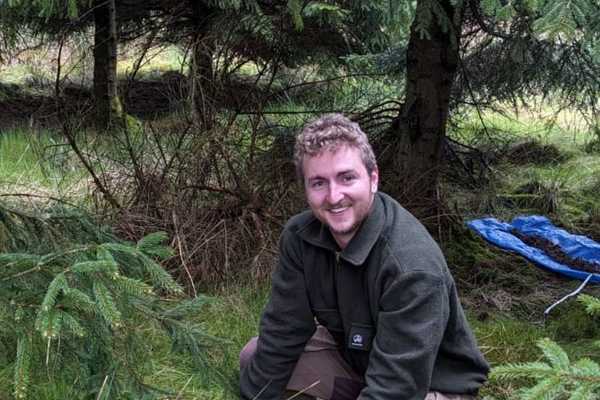Blog - Food production
Growing our Network of Farmers and Land Managers
We are pleased to welcome Ryan Ellis as our Landscape Advisor, who has joined the Weald to Waves corridor to develop of network and to find solutions for food production and habitat management that support nature recovery.
Continue Reading...
